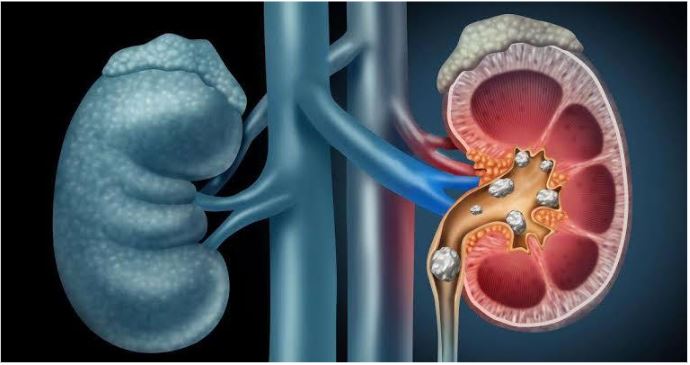It is impossible to live without calcium. This mineral is indeed of capital importance in the overall functioning of the body. And to ensure the best intake, here is a detailed list of the best sources of calcium!
That’s because research has shown that sleeping for less than six hours a night can lead to an increased risk of kidney disease.
One study found that people who slept for less than six hours a night were twice as likely to develop chronic kidney disease as those who slept for more than seven hours. And the risk was even higher among people who snored or had sleep apnea.
The best sources of calcium
Calcium is particularly involved in the formation of bones and teeth, the release of hormones and muscle contractions. A deficiency can lead to serious disorders throughout the body. So, to not miss it, we have listed the best sources of calcium. Focus.
The roles of calcium in the body
Calcium is one of the mineral salts essential to the human body. This mineral helps form and maintain strong bones. Moreover, an adequate intake of calcium from childhood helps to reduce the risk of fracture in adulthood (1). And this is true even much later, as in women when they reach the age of menopause and their bones are more fragile.
A calcium deficiency weakens the bones and also influences the health of the teeth. A good daily dose of calcium is therefore essential.
An insufficient intake of calcium could on the contrary risk weakening the skeleton. But, calcium is not only involved in the formation of bones and teeth, because it also participates in blood clotting, hence its usefulness in case of hemorrhage (2). On the other hand, you should know that calcium is involved in the process of muscle contraction. We now understand why the latter is necessary for our movements. This mineral consumed every day also participates in the release of various hormones. Given the vital role of calcium in the body, each individual should consume an adequate dose of this mineral.
What are our calcium needs?
In women, good quality bones help prevent the inconveniences associated with osteoporosis (3) (4). However, everyone needs to fill up on calcium, regardless of gender or age. The right reflex is to consume as much calcium as possible from an early age. However, the benefits and roles of this mineral are not limited only to childhood or adolescence. In adults, calcium also participates in bone renewal (5).
best sources of calcium
According to recent statistics, the average consumption of calcium remains below requirements. Indeed, calcium needs vary according to gender and age. For example, a teenager is recommended to ingest around 1200 mg/day. This quantity is also valid for pregnant women and the elderly.
Our calcium needs
The daily intake for an adult should be 900 to 1000 mg. These contributions can also vary according to the activity. We must therefore act quickly to meet these needs. As for children and infants, their needs vary between 200 mg for the youngest and 700 at three years. Breast milk or powdered milk for babies provides them with the calcium they need. Then, as they develop, some sources of calcium will need to be incorporated into their diet. The solution to remedy this is simple: use the best sources of calcium.
Calcium from animal sources
Calcium comes from several food sources. Milk, cheese and yogurts are known to contain large amounts. These are so-called “animal” sources of calcium, since they come from the milk of certain animals (cows, goats, sheep, etc.).
Animal milks
There are a variety of calcium-rich milks on the market. With in particular whole cow’s and goat’s milk, for example. Per 100 g, the calcium content in these foods is 120 and 117 mg, respectively. But, these two products are far from harboring the greatest amount of calcium. The richest milk in calcium is whole sheep’s milk. For the latter, the calcium content of 100 grams is 180 mg. Moreover, sheep’s milk is more assimilable than cow’s milk. The latter is less suitable for our body due to the presence of long-chain saturated fatty acids in it.
Yogurts
There is a whole range of yogurts available commercially. These are of course a good source of calcium, since they are made from animal milk. These products can help meet your daily calcium needs. What are the calcium levels of certain well-known yoghurts? Let’s start with the stirred whole milk yogurt. Its calcium content per 100 g is 167 mg. Under the term “plain” there are three kinds of yoghurt: plain yoghurt, plain whole milk yoghurt and plain sweetened drinkable yoghurt. The first type has a calcium content of 141 mg, the second has 138 mg while the last contains 111 g of calcium per 100 g.

